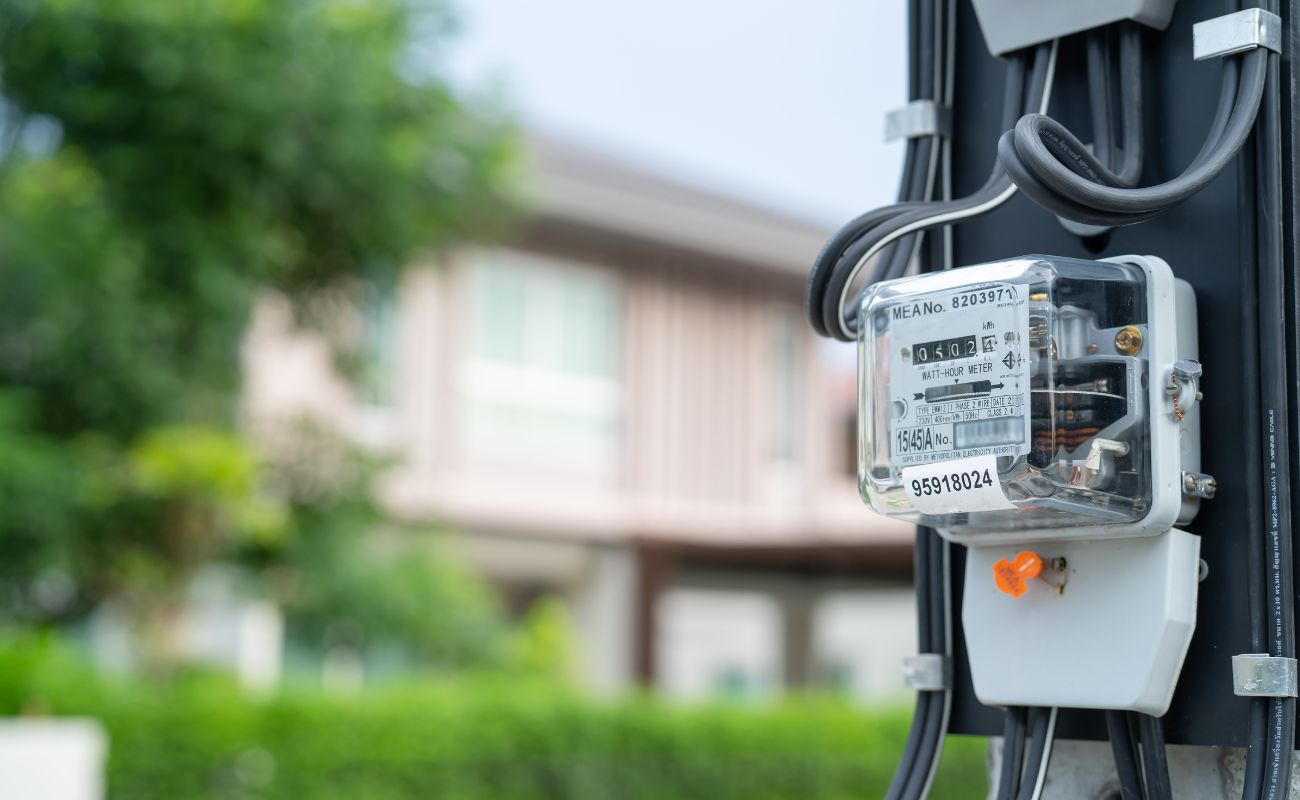The cost of electricity in Louisiana affects almost every choice you make at home—how cool you keep the AC, when you run the dishwasher, even whether you spring for rooftop solar. Although Louisiana’s average rate per kilowatt-hour (kWh) is among the nation’s lowest, residents still pay sizable monthly bills because they simply use more power. In this guide you’ll see exactly what drives those bills and, more importantly, how you can shrink them without sacrificing comfort.
How Much Does Electricity Cost in Louisiana in 2025?
- Average residential rate: 11.0 ¢/kWh (January 2025, EIA).
- Average monthly bill: about $202, based on 1,612 kWh of use each month (EnergySage marketplace data).
- National comparison: Louisiana’s rate is roughly 30 % below the U.S. residential average of 15.95 ¢/kWh, yet the typical Louisiana bill is only 2-3 % lower because usage is so high.
Breaking Down Your Bill: Price vs. Consumption
Your utility multiplies the kWh rate by the amount of electricity you use; that means consumption, not price, is the bigger lever. Louisiana households purchase about 14,800 kWh per year—over 35 % more than the U.S. average. Hot, humid summers, widespread electric heating, and year-round appliance use all drive demand upward.
Why Are Electricity Costs Unique in Louisiana?
Climate & Lifestyle Drivers
- Air-conditioning intensity: Nearly every home runs central AC for much of the year.
- Electric space heating: About seven in ten households rely on electric resistance or heat-pump heating.
- Extended appliance loads: Pools, dehumidifiers, and second refrigerators are common in the state’s warm climate.
Generation Mix Keeps Rates Low
Louisiana gets about two-thirds of its electricity from inexpensive natural-gas–fired plants, backed by nuclear and modest renewable generation. Lower fuel prices and regulated utility structures help keep the per-kWh rate among the five cheapest in the country.
How Your Utility Rates Are Structured
- Base charge – a fixed monthly fee that covers billing, metering, and grid maintenance.
- Energy charge – the cents-per-kWh rate that fluctuates with fuel costs and regulatory cases.
- Riders & adjustments – line-item add-ons for fuel cost recovery, storm restoration, or energy-efficiency programs.
- Optional time-of-use (TOU) tariffs – some utilities offer lower off-peak rates if you shift usage to nights or weekends.
Understanding these pieces lets you target savings where they matter—mainly the energy charge.
Will the Cost of Electricity in Louisiana Rise?
Energy regulators project an annual rate increase of roughly 2 % as utilities invest in grid hardening and retire older plants. Natural-gas prices remain the wild card; if gas spikes, expect fuel adjustment riders to bump bills mid-year. On the flip side, expanding solar and battery storage could temper long-term price growth.
Seven Practical Ways You Can Lower Your Electric Bill Today
- Schedule a free home energy audit through your utility’s efficiency program.
- Seal and insulate attic penetrations to cut AC run-time up to 20 %.
- Raise the thermostat just 2 °F and use ceiling fans—every degree saves about 3 % on cooling.
- Install a smart thermostat and program efficient set-backs.
- Upgrade to ENERGY STAR heat-pump water heaters and refrigerators.
- Run large appliances off-peak if you’re on a TOU plan.
- Replace incandescent bulbs with LEDs; lighting can still account for 10 % of a Louisiana household’s usage.
Going Solar in Louisiana: Can It Erase Your Bill?
To offset an average home’s 19,300 kWh annual consumption, you’d need roughly a 12.5 kW rooftop array. Installed prices average $2.48/W, or about $31,000 before incentives; the 30 % federal tax credit drops that to $21,700. With current bills, you’ll break even in 10–12 years and enjoy decades of near-zero energy charges.
Programs and Incentives Worth Exploring
- Entergy Solutions & Cleco Power Wise rebates for HVAC upgrades, insulation, and heat-pump water heaters.
- Low-Income Home Energy Assistance Program (LIHEAP) for bill relief and weatherization.
- Property-tax exemption for residential solar equipment statewide.
- Federal Inflation Reduction Act incentives: 30 % solar tax credit, up to $2,000 for heat-pump installations.

